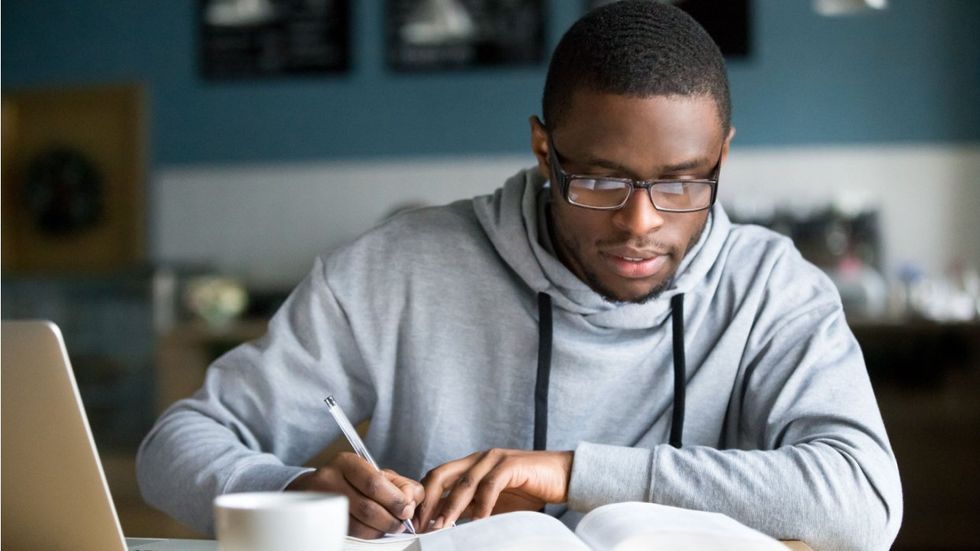As the U.S. Supreme Court continues to save its most controversial rulings that reshape American society for the end of its session like a cliffhanger at the end of a television season, it once again issued a ruling that upends decades of precedent. With the ultraconservative court’s ruling that ends affirmative action in college admissions in the U.S., experts and advocates warn that the unintended consequences of the ruling will be detrimental to many, including Black and brown queer college students.
One of the most concerning outcomes of the ruling is the effect that it will have on historically Black colleges and universities, they say.
Human Rights Campaign HBCU program director Leslie Hall says that it’s imperative to highlight that the effects of this ruling will result in fewer queer Black students accessing higher education while also adding strain to historically Black colleges and universities as students seek refuge in environments where their abilities are valued.
“The University of California did this a couple of years ago, even without this case,” Hall tells The Advocate. “They said they’d no longer use race as a checkbox on the admission criteria. And what happened is what everybody knew was going to happen. The BIPOC numbers in the UC system have gone down precipitously.”
He says that to understand how the court got to this point, one needs to know why HBCUs exist.
“It’s because Black folks in particular were unable, were not allowed by practice or by law to go to the predominant national public institutions, and even when the Civil Rights Act was passed, they were still putting very Jim Crow-esque things in place to continue to keep [Black students] out. And so that prevented qualified Black folks, African Americans, from being accepted into some of the elite institutions."
He notes that innate human biases are entrenched in admissions policies and with the admissions counselors themselves.
“So this affirmative action decision is now basically asking, What would happen if y’all do it on your own because it’s just morally the right thing to do?”
He points to the hypocrisy of the Supreme Court’s conservative justices, who recently ruled that Alabama Republicans needed to redraw their congressional districts because of racism that disadvantaged Black communities in the state.
“The court is saying it needs to step in there because racism exists, but in the affirmative action ruling, the court is saying racism doesn’t exist or, better yet, that if left to their own devices, people would do the right thing,” he says.
He adds that the promise of America is that “all men are created equal,” which, as defined at the time the Constitution was written, excluded women, brown and Black people.
“Wo here we are in a situation the enrollment of HBCUs has been steadily climbing because of all the racial things that are happening, but when we look at some of the national public institutions, it really boils down to access,” Hall says.
“Will a valedictorian of an all-Black high school even feel empowered to apply for admission to some of these places?” he asks. “When has this country ever been color-blind?”
He says it has never been.
“So when you try to appeal to the best conscience of America, that is a noble ideal, but no, when have we demonstrated that?”
Hall notes that there might be a silver lining in that HBCUs may get additional talented students who otherwise would have applied at a non-HBCU but who chose to forgo that option.
“HBCUs don’t exist for the lowest quartile of Black folks who apply. Howard is considered a selective institution, but you’ve talked to students; they’re almost like 80 percent Pell Grant eligible, given the economic backgrounds that some of these students have,” he says. Pell Grants come from a federal program that helps students who have extreme financial need.
He adds, "So first, schools will have to lean more into their scholarship offerings to get some of these students in. But two, I think students will be able to see the real benefit of going to a historically Black college or university.”



















































































Fans thirsting over Chris Colfer's sexy new muscles for Coachella